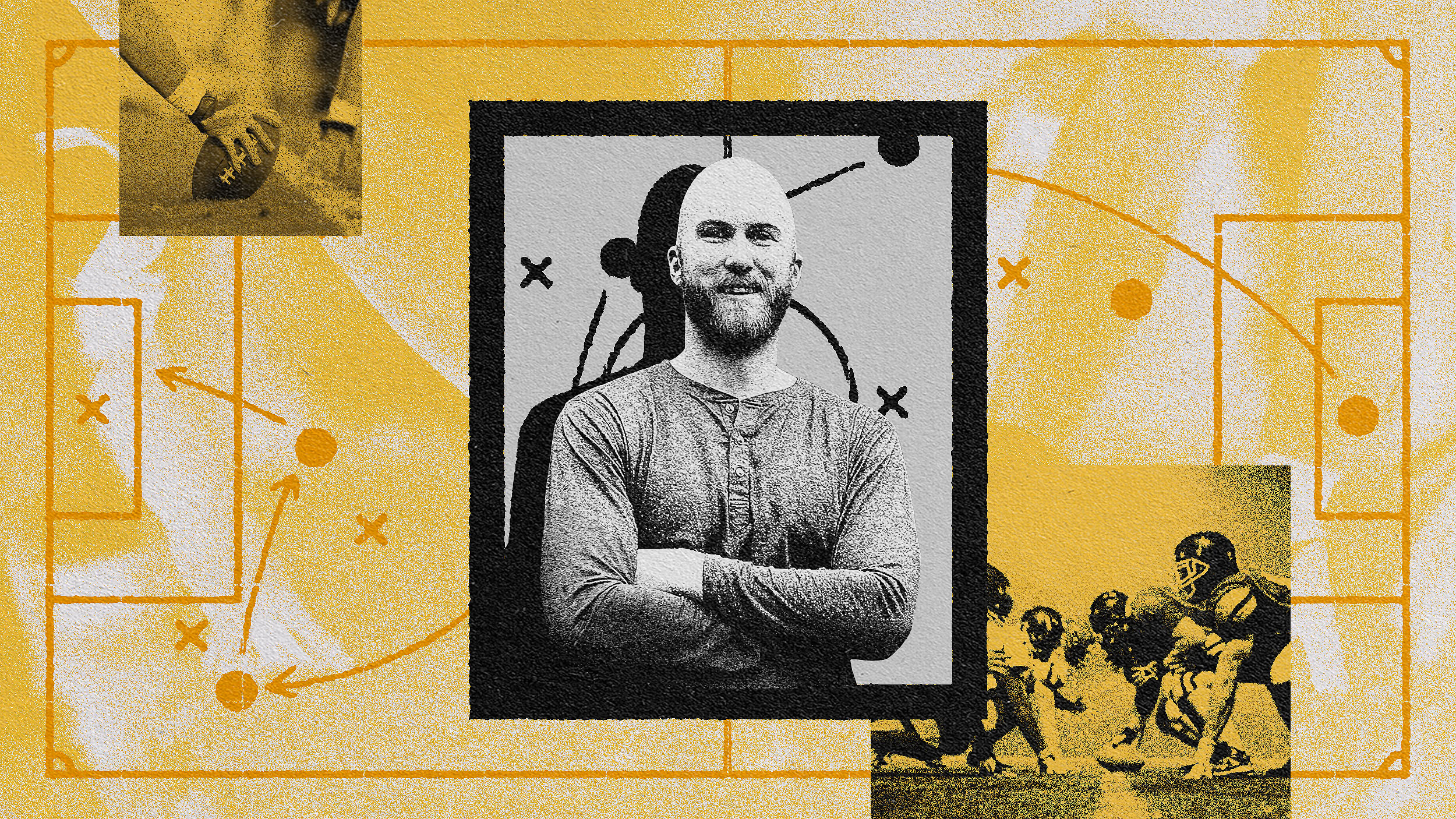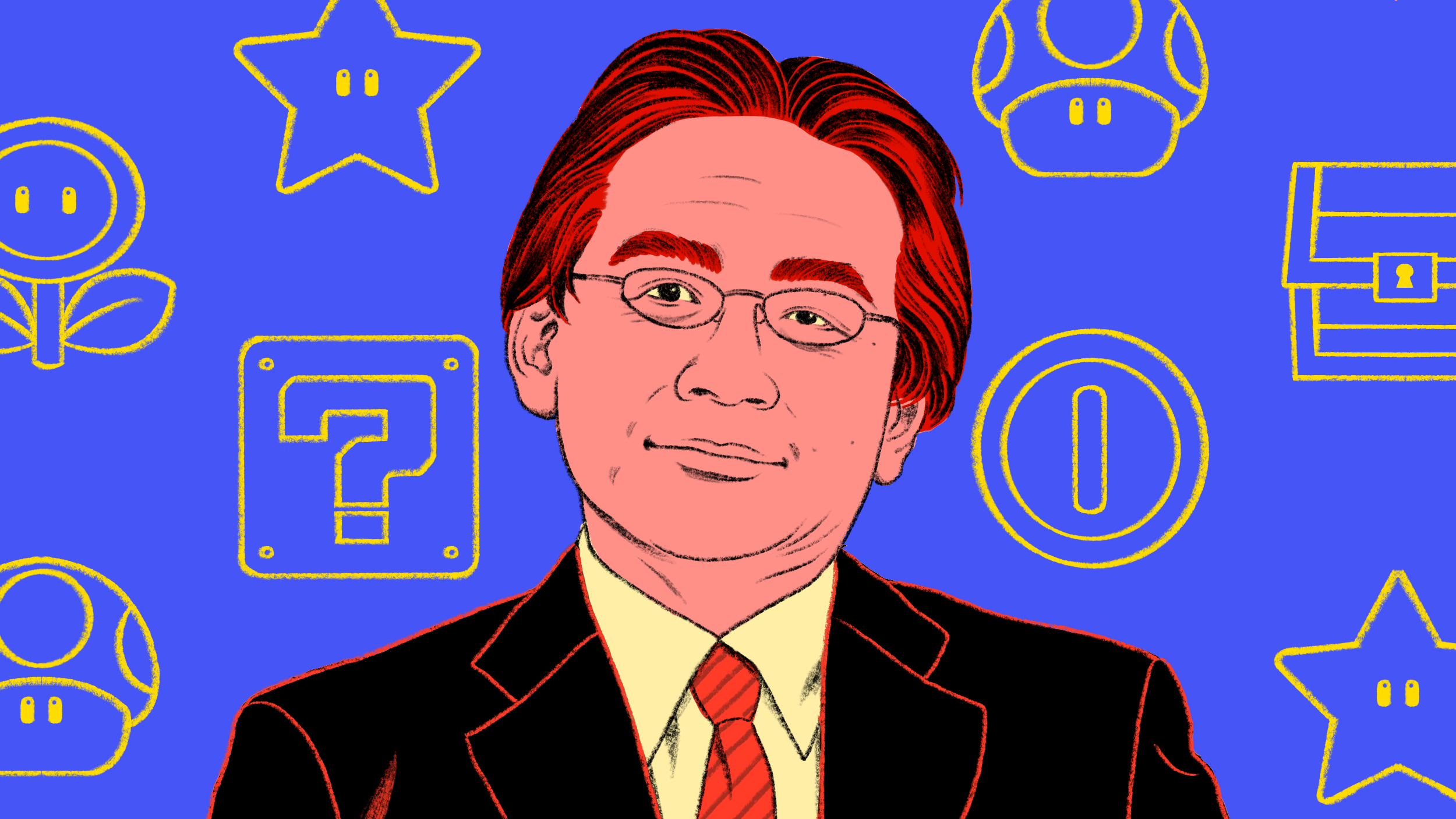We shouldn’t have to be told that people’s hearts and souls are not piñatas, and yet here we are. Duke psychology professor and behavioral economist Dan Ariely says when it comes to increasing motivation, there’s a precursor lesson many managers, teachers and parents miss: stop crushing spirits.
It sounds so obvious but perhaps that’s why it’s such an overlooked facet of motivation. Bosses and people in authority positions often unknowingly demoralize those around them. “We do lots of those things,” says Ariely. “We get people to start projects and we cut it in the middle. We get people to prepare presentations and they never get delivered. We do all kinds of things that eliminate motivation… lots of people are working in an environment like that.”
Ariely was called in to speak with a group of 200 software engineers whose CEO axed the project they’d been developing for two years, just like that. The engineers were devastated, depressed, and some left the company. When Ariely asked them how the CEO could have caused them less pain, they answered that this project they’d built could be useful internally in the company, they could have built just a few prototypes as an experiment, they could have broken down the software into modules that could be used in other existing projects. The dominant feeling was that these engineers just wanted something to happen with their work. Managers don’t intend to do harm, says Ariely, they just don’t appreciate the role that meaning plays in motivation.
Once managers have curbed their habit of accidentally killing of motivation, they can start to swing back into positive terrain by increasing it. One of the most simple strategies is also the most inexpensive: giving people credit where it’s due. Credit is free, says Ariely, so give it to everyone. If someone has their name on something or is publicly recognized for their work, they are much more committed to maintaining that work and develop a level of ownership that drives motivation. “It’s not just about name association. It’s about the feeling of contribution and the feeling that you have a say, autonomy, right? That you’re not just told what you’re going to do, it’s that you are doing it.”
Ariely explains an experiment done with children regarding ownership over their drawings that is both amusing and enlightening – it’s in the video above.
Ariely’s newest book is Payoff: The Hidden Logic That Shapes Our Motivations.
Dan Ariely: So the first lesson is don’t kill motivation. You know businesses are often not about just increasing it, it is by stop decreasing it. I’ll tell you a story I gave a talk at a company in Seattle a few years ago. It’s a big software company and I was giving a talk and I was in this room with 200 really depressed engineers talking to them. It turns out they were working on whatever the next version of the – they were working on something really important and big for that company and the week before I showed up the CEO of the company came to them and canceled the project. And they were incredibly devastated. This was a group that worked for two years on something that they felt would be the next great thing for that company and the week before he just canceled it. And they did not show up on time. They were just devastated. They were just morally devastated and by the way after that many of them just left the company. They were very good people. They were just so demoralized. And I asked them I said okay, let’s just assume the CEO had to cancel the project. Let’s assume he had to cancel for whatever reason. Let’s not question that.
What could the CEO have done not to get you to be so depressed? And they came up with all kinds of ideas. They said what if he allowed them to make a few working prototypes and distribute them within the company for a few years. Just kind of see what people do with them. They say what if he allowed them to take parts of this new technology that we’re developing and see which parts will be useful in other parts of the organization, right, have some kind of leftovers from the project. They said what if you would allow them to do a workshop for the whole company to show them the journey of the last two years. What they’ve accomplished, what they’ve learned, what they struggled with, what they figured out. And the thing about all of those suggestions, all of them would have needed some time, money and effort, right. And if the CEO thinks that those people are just like rats in a cage he said oh, I told you to go this way, you went this way. Now I want to go somewhere else. I’ll close that gate. I’ll tell you to go somewhere else. Then you don’t need to worry about motivation. But if you understand that motivation is incredibly important then you say how do we get these people who have invested a lot I this and how we don’t just crush their spirits. But what he did was to crush their spirits. So lesson number one is stop crushing people’s spirit. And, you know, it might seem like a ridiculous obvious thing to do but if you look at lots of companies you’ll see lots of places where not because people intend to do harm but just because we don’t truly appreciate where meaning comes to life.
We do lots of those things. We get people to start projects and we cut it in the middle. We get people to prepare presentations and they never get delivered. We do all kinds of things that eliminate motivation. Imagine we were doing this little video segment and we knew all along there’s a good chance it will never see the light of day. It will just never be posted or anything like it. A black hole where it’s being posted and nobody, nobody, nobody will see it. How exciting would that be. You know lots of people are working in an environment like that. Now the more important question is how do we get people to be, you know, get more motivation, not just stop decreasing motivation but increasing the sense of meaning. Lots of ways to do it and maybe the best example is to think about the open source community. One of the things that happened in the open source community is that there was a legal advance where they basically agreed that everybody who writes a piece of code their name would always be connected to it. Now you can say who cares. People care. If your name is connected to a piece of code you’re going to maintain that piece of code forever. There was a period in time where people were worried about getting open source software. They said who’s going to maintain it? If your name is connected to it you’re going to maintain it. And indeed people maintain all kinds of software in all kinds of unlikely events.
And people invest in it and knowing that if I create something and other people build on it, it would always have my name and my connection and my sense of contribution is incredibly motivating. So just think about that simple idea of where do we put people’s names. On every piece of software. Like why on the hood of the car all the people who are involved could sign their name in a very small print. And then of course there’s other things, right. It’s not just about name association. It’s about the feeling of contribution and the feeling that you have a say, autonomy right. That you’re not just told what you’re going to do, it’s that you are doing it. There’s a very cute experiment in which they take kids. They come with their mother to a lab and they go into a separate room with the research assistants. And they do a drawing together and one time the research assistant does the drawing and the kid tells them what to do. So the kids give the instructions and the research assistant does the mechanical work. Another condition the research assistant gives the instruction and the kids, the kid does the mechanical work. And then as they finish it the research assistant takes the drawing in their hand, go out of the room first before the kid, shows it to the mother and says look what I did. And the question is when will the kid be more upset, right. So the research assistant takes credit for the kid’s job. When will the kid be more upset? When the kid did the drawing but the idea was somebody else’s or when the idea was the kid’s and somebody else did the mechanical thing?
And the kids get more upset when it was their idea, which was their idea. Think about how much we don’t give credit in this world to other people’s ideas. How many people feel that their ideas were taken, somebody else is using it and they don’t get credit. Credit is free, right. Credit is great. Give everybody credit, right. There’s a team of a 100 people, give everybody credit. Why not? Why are we so stingy with giving people credit. Anyway, so there’s lots of other examples like this where you could just say let’s look at all the things that give people a sense of meaning and let’s just try to give more of it on an every day basis.







